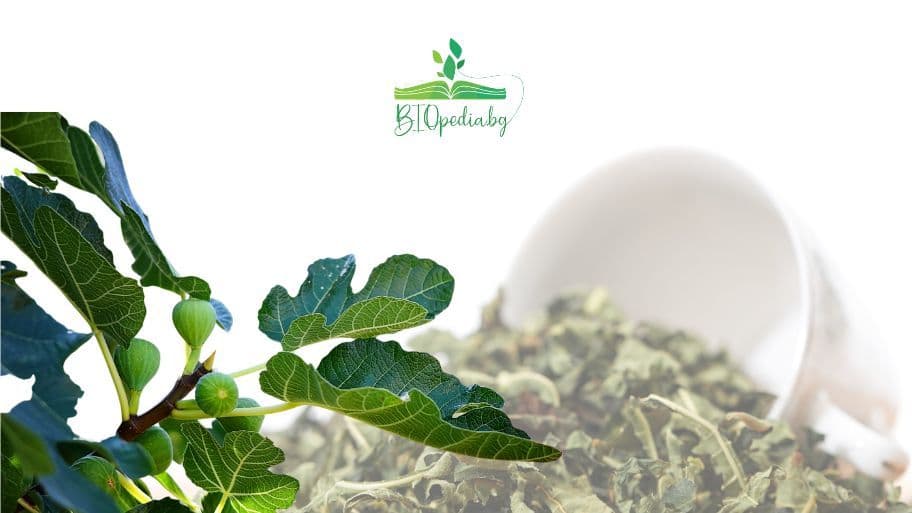Tea tree oil is an essential oil that has several uses, including keeping skin, hair, and nails healthy. It is a really common oil and many people include it in their hair and skin care routine precisely because of tea tree's many benefits.
In addition to its science-based benefits, tea tree oil is inexpensive and safe when used as directed.
In this article onBiopedia, we have compiled several everyday uses of tea tree oil and will discuss the possible benefits of tea tree oil along with guidelines for its safe and effective use.
Benefits of tea tree - antibacterial properties
Today it is also used for a range of other conditions. Tea tree oil is probably best known for its antibacterial properties.

Some research suggests that the broad-spectrum antimicrobial activity associated with the oil comes from its ability to damage the cell walls of bacteria.
More research is needed to determine exactly how the oil works in this regard, but it is certain that many people tout tea tree's antibacterial benefits as tangible and effective.
Anti-inflammatory properties
Yet another of tea tree's many benefits is its anti-inflammatory properties. Tea tree oil can help quell inflammation, possibly due to its high concentration of terpinen-4-ol, a compound with anti-inflammatory properties.

In animal tests, terpinen-4-ol has been found to suppress inflammatory activity in cases of infection in the mouth. In humans, topically applied tea tree oil reduces swelling in histamine-induced skin inflammation more effectively than paraffin oil.
Benefits of tea tree - antifungal properties
Research into the effectiveness of tea tree oil highlights its ability to kill a range of yeasts and fungi. The majority of studies reviewed focus on Candida albicans, which are a type of yeast that commonly affect the skin, genitals, throat and mouth.

Other studies suggest that terpinen-4-ol enhances the activity of fluconazole, a common antifungal drug, in cases of resistant strains of Candida albicans.
Antiviral properties
Some studies have suggested that tea tree oil may help in the treatment of certain viruses, but research in this area is limited, and much more in-depth analysis is needed to be able to claim with certainty about the oil's antiviral properties.
However, many people use it to fight common viruses and are pleased with the results.

Benefits of tea tree in acne
Tea tree oil can be helpful for a number of skin complaints. Acne is the most common skin condition. It affects millions of people around the world of different ages.
One study found a significant difference between the use of tea tree oil gel and placebo in the treatment of acne. Participants treated with tea tree oil experienced improvement in both the total number of inflamed and active pimples and the severity of acne.

This is based on earlier research that compared 5% tea tree oil gel with 5% benzoyl peroxide lotion in treating cases of mild to moderate acne.
Both treatments significantly reduced the number of acne lesions, although the tea tree oil was slower acting. Those using tea tree oil had fewer side effects.
Benefits of tea tree oil for foot mycosis
Symptoms of foot mycosis, or tinea pedis, were reduced by topical application of a tea tree oil cream, according to one study.
It seems that a cream containing 10% tea tree oil reduces symptoms just as effectively as 1% tolnaftate, which is a popular antifungal medication.

More recent studies have compared higher concentrations of tea tree oil on foot mycosis compared to placebo. A significant improvement in symptoms was seen in 68% of people who used 50% tea tree oil, with 64% achieving a complete cure.
Benefits of tea tree for contact dermatitis
Contact dermatitis is a form of eczema caused by contact with an irritant or allergen. A large-scale study compared several types of treatment for contact dermatitis, including one with tea tree oil, zinc oxide and clobetasone butyrate.
The results showed that tea tree oil was more effective in suppressing allergic contact dermatitis than other treatments. However, it had no effect on irritant contact dermatitis. Note that tea tree oil itself can cause allergic contact dermatitis in some people.






Comments